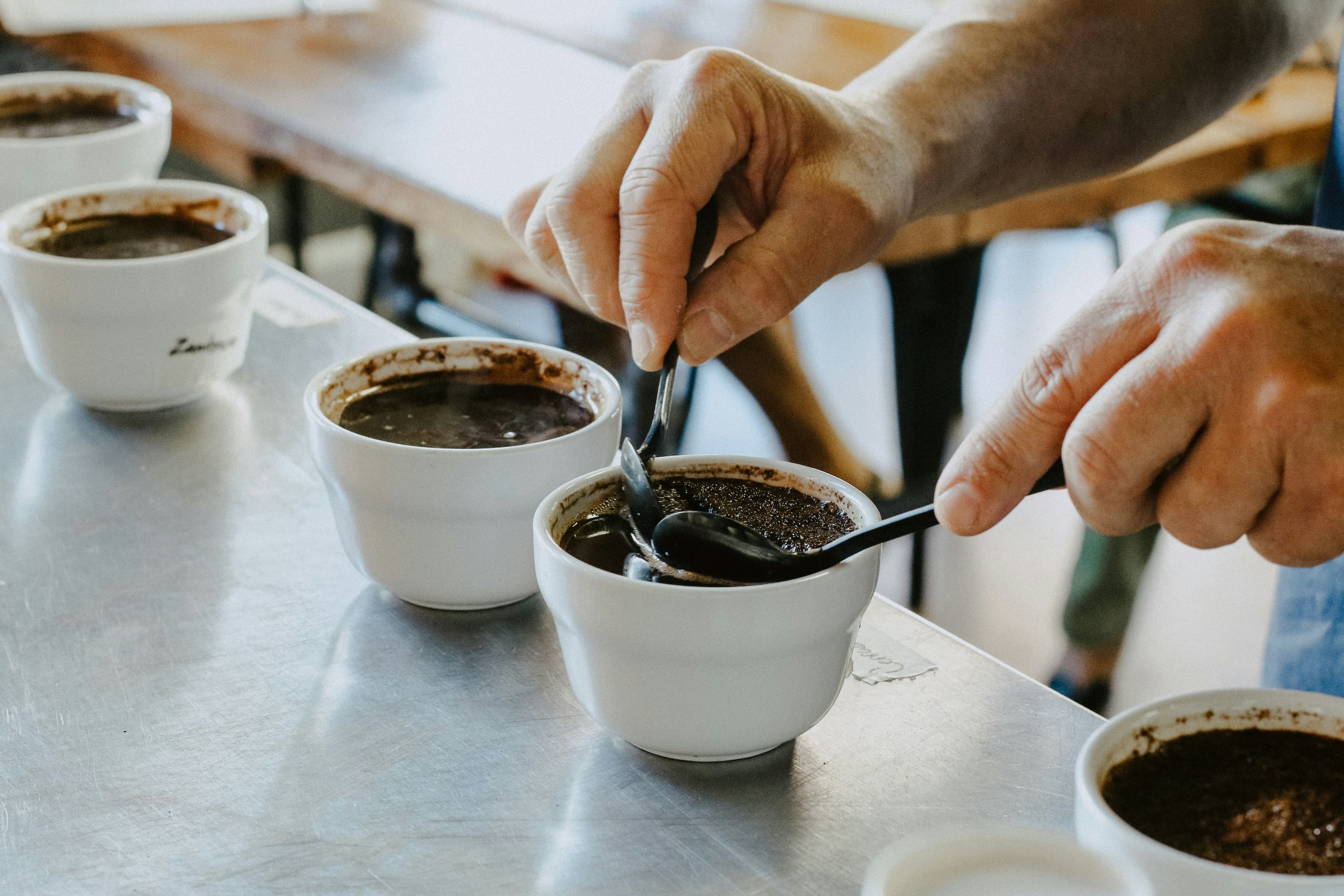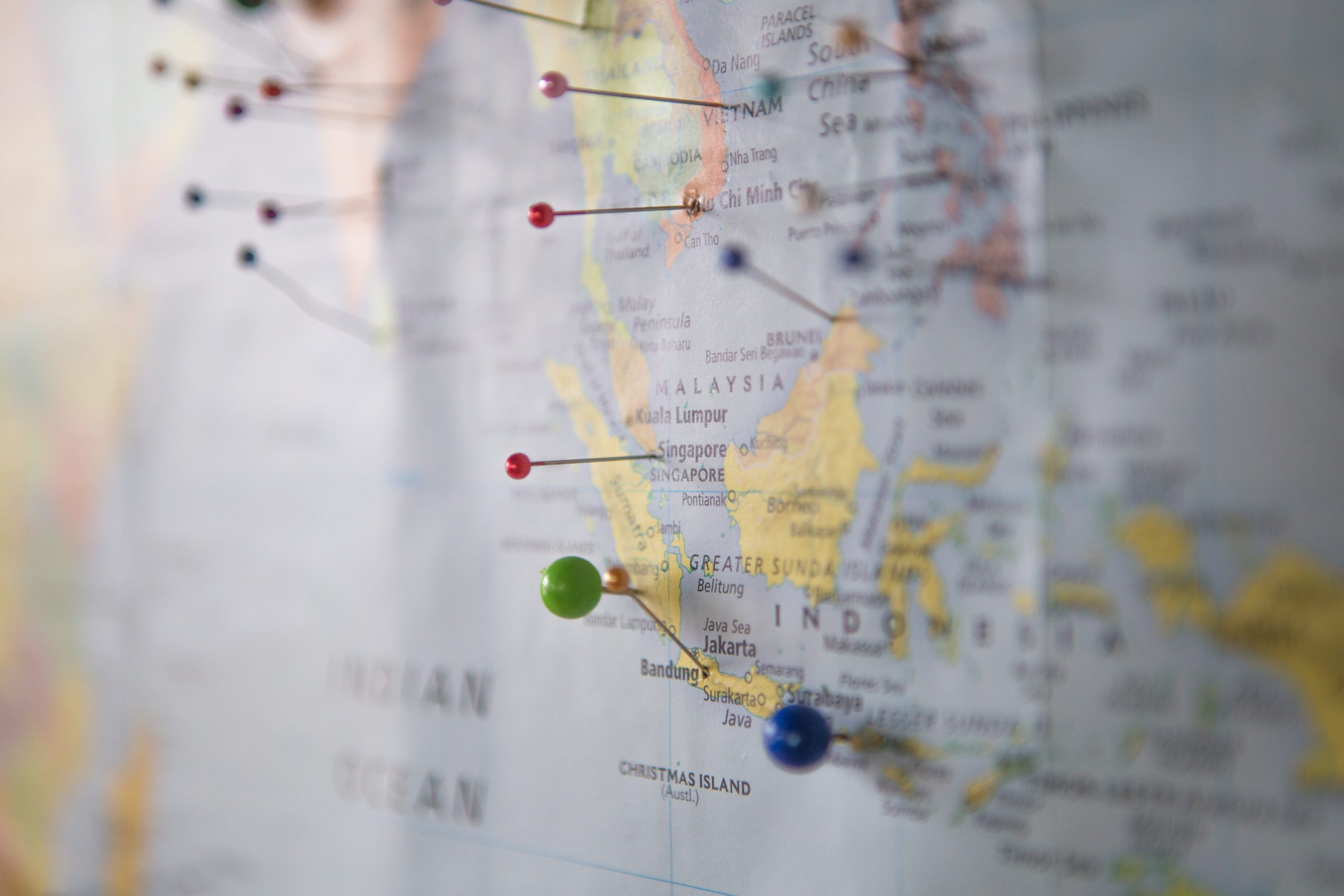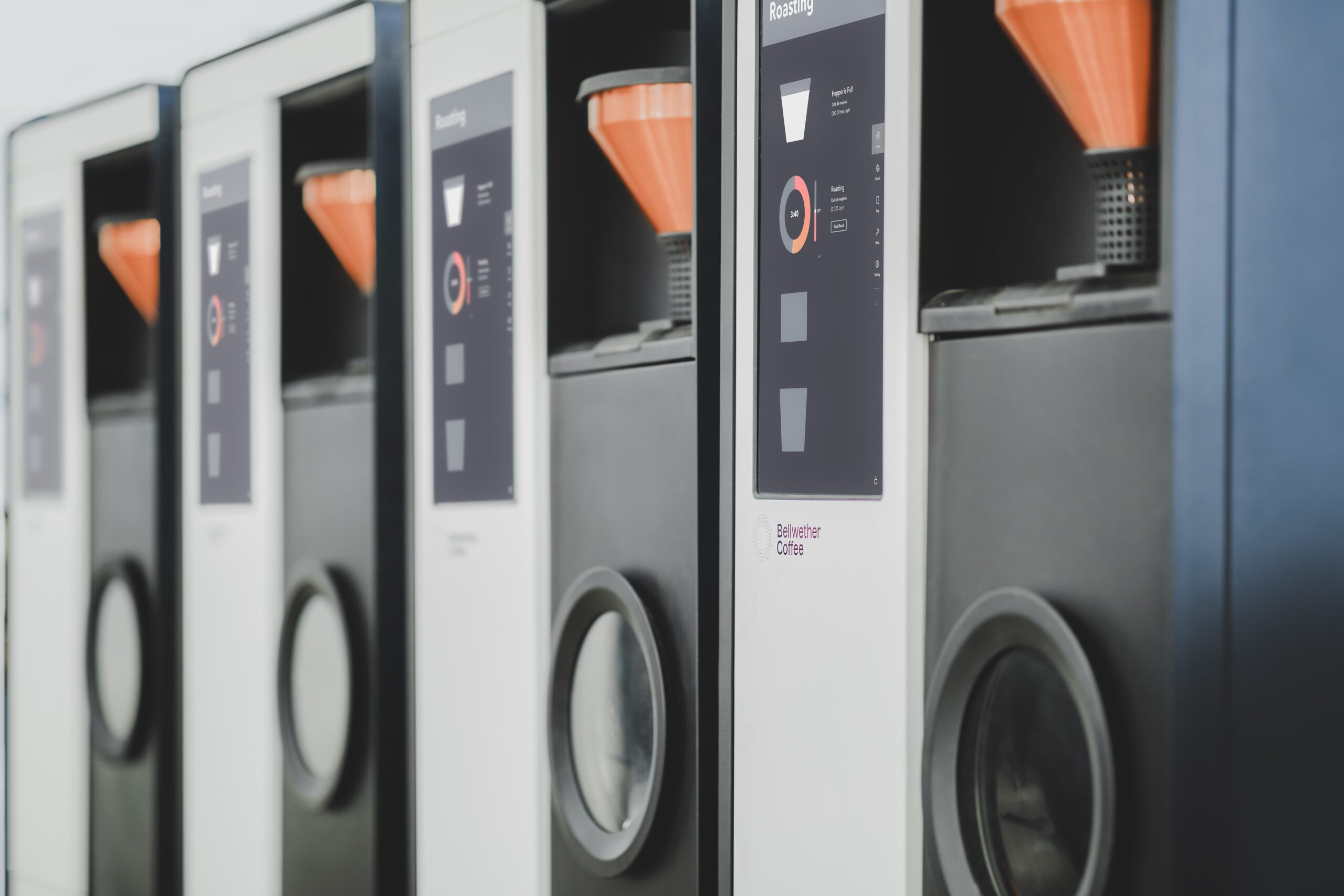
Your Flavor Road Map: What 1,761 Single Origin Coffees Tell You About Taste
You read tasting notes because they promise an experience. Yet the language on coffee bags often feels repetitive …

Traceability is far more important than being just a check box for retail consumers to know a bit more about their coffee. It is a powerful idea that has far-reaching consequences for coffee sustainability, ethics, and economics.
The concept of traceability is defined by region-specific historical practices. Coffee-growing regions and countries are often known for certain production formats, such as large facilities, plantations, estates, cooperatives, or smallholder farmers. Traceability can mean something different in each of these scenarios, so it’s important to review the idea of traceability in context.
For starters, let’s recount some of the realities of the global coffee market that make traceability so important and impactful in the first place.
When it comes to growing coffee, the cards are stacked against small farmers. Many are at or below the poverty line, and at the whims of unpredictable harvests and climate factors. Only a tiny fraction of the eventual retail revenue generated from their coffee actually trickles down to them.
The market at that level is also highly fragmented, simply due to the realities of sourcing. Many farmers tend to tiny plots of land, with their coffee yields getting rolled up and aggregated into larger pools of beans. Exporters, importers and various other middlemen step in at this point to provide various services and markups.
The documentation of how beans change custody at this stage can be virtually nonexistent – it would be a very expensive logistical challenge to organize certifiable paperwork for each microlot of coffee that is produced around the coffee belt, and that sums up well why it hasn’t traditionally been done.
So we have a decentralized market, with small producers, volatile growing environments, various other environmental threats, little to no history of documentation, and unbalanced supply chain economics. And although this short primer by no means does justice to the challenges facing the coffee market in terms of traceability, you can begin to see why and how it would add value.
Traceability plays many different roles here. Legitimate traceability can provide cold hard documentation on where your coffee is from. That’s appealing to consumers, commands a premium retail price (as long as that premium is commensurate with the market price and quality of the coffee), and ideally more of that premium gets back to the farmers.
Part of the purpose of traceability is to highlight the trading arrangement between the farmer and roaster and various middlemen.
Traceability also reaches into sustainable growing practices. Traceability with bird friendly beans is vitally important for understanding and promoting environmentally-friendly coffee. By tracing beans back to these kinds of environments, consumers can know whether their favorite beans are being grown in sustainable ways, which is becoming more important every year as lands once ripe for coffee cultivation disappear or are converted into other uses.
Making different parts of the supply chain more visible enables consumers to select roasters and in turn, growers, who are making an effort and investment into traceability, as opposed to financially rewarding the unethical, opaque farms that still unfortunately exist in abundance. So as traceability is financially rewarded, growers will, in theory, respond to that incentive.
Traceability is a means for better documentation, for visibility into the supply chain, and is an influential tool in encouraging farmers and owners to focus more on environmentally-friendly, ethical, and sustainable coffee production – a “spotlight” of sorts.
Traceability is not nearly the end of unethical or unsustainable coffee production however. Coffee production remains highly fragmented and climate factors have only exacerbated the problematic economics of the coffee market.
If you’re into sustainability, supply chain visibility, combating food insecurity, climate change, or all of the above, you can help the coffee market by demanding traceable coffees and rewarding roasters who are actually making real investments into improving the production standards of the farmers they are buying from.

You read tasting notes because they promise an experience. Yet the language on coffee bags often feels repetitive …

You might see organic or fair trade certifications as you look for your next coffee, but bird-friendly brews will be harder to find …

How is new electric roasting technology mitigating coffee’s historical carbon footprint? We talk to Bellwether Coffee to find out …